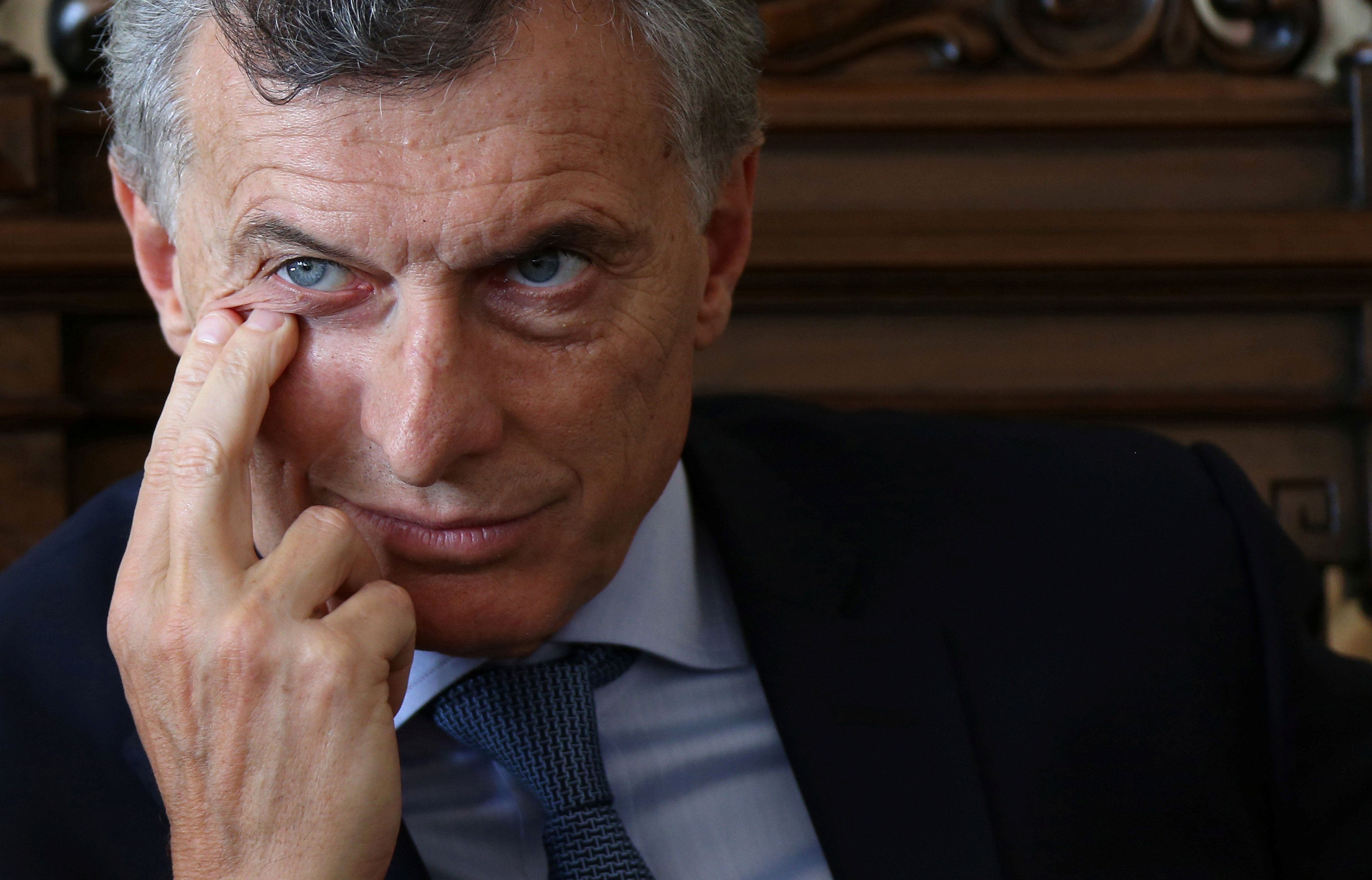When Argentina's President Mauricio Macri first took office in 2015, he told the country that "a dream is being achieved." Elected with a strong mandate for change, he was poised to move Argentina beyond a generation of boom-and-bust economic mismanagement, even if that meant imposing a little pain along the way.
Just over three years on, that dream is looking more like a nightmare.
His early reforms – floating the country's currency, cutting subsidies, and reducing government spending – weren't popular, but they started to drag the country out of a recession by 2017, and things were looking up.
But when investors began to worry that things weren't as rosy as they seemed, Argentina was plunged into a fresh currency crisis early last year. Mr. Macri was forced to seek help from international lenders, recalling precisely the past humiliations he had promised to avoid.
Now, as he looks ahead to elections this October, his approval rating has fallen from 71 percent in 2016 to just 30 percent today. Nearly one-third of Argentines are living below the poverty line, the highest figure registered in recent years. Last week, the government introduced nationwide price controls on basic goods and public services in a somewhat desperate bid to shore up political support.
One big question is whether all of this will help out former President Cristina Fernández de Kirchner, who is looking to return to power despite a slew of corruption charges against her. Her left-wing, protectionist policies were ruinous economically, but Ms. Kirchner enjoyed strong support from the working class and rural poor. Argentina's lousy experience under Macri means she could pose a stiff challenge if she makes it to the runoff in November.
The lesson: Democratically-elected reformers are always making a gamble that short-term pain will give way to better days ahead of the next election. That could still be true for Macri, but he is running out of time, fast.
